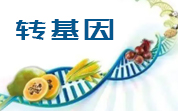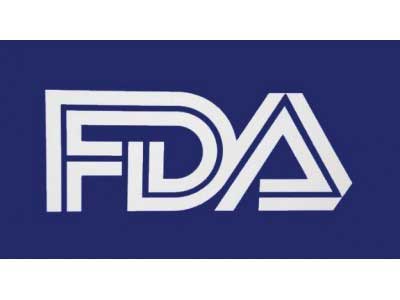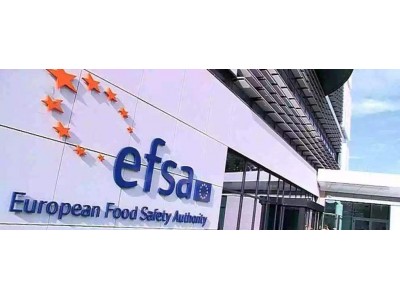гҖҖгҖҖ
гҖҖгҖҖжҚ®дәҶи§ЈпјҢиҝҷз§ҚйЈҹе“Ғй…¶жҳҜз”ұиҪ¬еҹәеӣ жһҜиҚүиҠҪеӯўжқҶиҸҢиҸҢж ӘAR-153з”ҹдә§зҡ„пјҢж—ЁеңЁз”ЁдәҺ4з§ҚйЈҹе“ҒеҲ¶йҖ иҝҮзЁӢгҖӮ
гҖҖгҖҖ
гҖҖгҖҖз»ҸиҝҮиҜ„дј°пјҢ专家е°Ҹз»„и®ӨдёәпјҢеңЁйў„жңҹзҡ„дҪҝз”ЁжқЎд»¶дёӢпјҢдёҚиғҪжҺ’йҷӨйҖҡиҝҮйҘ®йЈҹжҺҘи§Ұеј•иө·иҝҮж•ҸеҸҚеә”зҡ„йЈҺйҷ©пјҢдҪҶиҝҷз§Қжғ…еҶөеҸ‘з”ҹзҡ„еҸҜиғҪжҖ§еҫҲдҪҺгҖӮж №жҚ®жүҖжҸҗдҫӣзҡ„ж•°жҚ®пјҢе°Ҹз»„еҫ—еҮәз»“и®әпјҢиҜҘйЈҹе“Ғй…¶еңЁйў„жңҹзҡ„дҪҝз”ЁжқЎд»¶дёӢдёҚдјҡеј•иө·е®үе…Ёй—®йўҳгҖӮйғЁеҲҶеҺҹж–ҮжҠҘйҒ“еҰӮдёӢпјҡ
гҖҖгҖҖ
гҖҖгҖҖThe food enzyme endo-1,4-β-xylanase (4-β-d-xylan xylanohydrolase; EC 3.2.1.8) is produced with the genetically modified Bacillus subtilis strain AR-153 by AB Enzymes GmbH. The genetic modifications do not give rise to safety concerns. The production strain meets the requirements for the qualified presumption of safety (QPS) approach. The food enzyme is free from viable cells of the production organism and its DNA. It is intended to be used in four food manufacturing processes. Since residual amounts of total organic solids (TOS) are removed during one food manufacturing process, dietary exposure was only calculated for the remaining three processes. Exposure was estimated to be up to 0.463 mg TOS/kg body weight per day in European populations. Given the QPS status of the production strain and the absence of concerns resulting from the food enzyme manufacturing process, toxicity tests were considered unnecessary by the Panel. A search for homology of the amino acid sequence of the food enzyme to known allergens was made and no match was found. The Panel considered that the risk of allergic reactions upon dietary exposure cannot be excluded, but the likelihood is low. based on the data provided, the Panel concluded that this food enzyme does not give rise to safety concerns, under the intended conditions of use.
гҖҖгҖҖ
гҖҖгҖҖжң¬ж–Үз”ұйЈҹе“ҒдјҷдјҙзҪ‘йЈҹе“Ғиө„и®Ҝдёӯеҝғзј–иҫ‘пјҢдҫӣзҪ‘еҸӢеҸӮиҖғпјҢжңүд»»дҪ•з–‘й—®пјҢиҜ·иҒ”зі»news@www.sqrdapp.comгҖӮ











 ең°еҢәпјҡ
ең°еҢәпјҡ






 йІҒе…¬зҪ‘е®үеӨҮ 37060202000128еҸ·
йІҒе…¬зҪ‘е®үеӨҮ 37060202000128еҸ·



